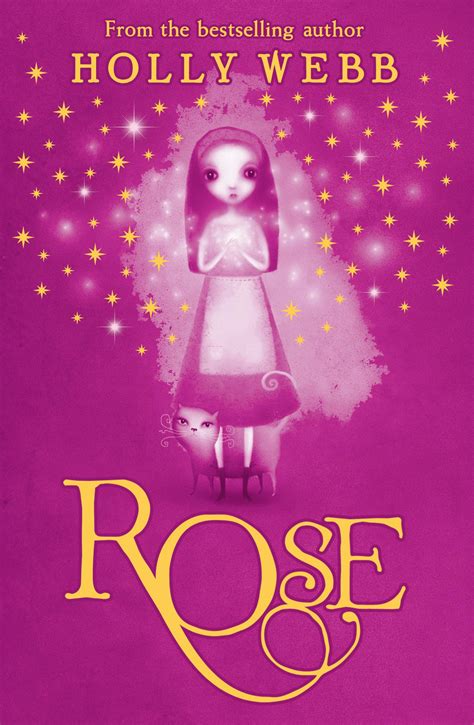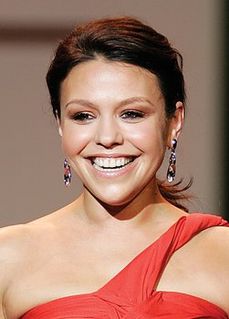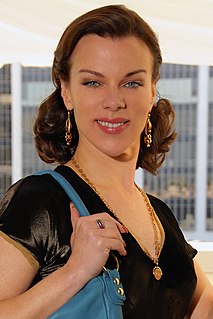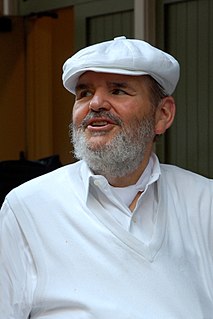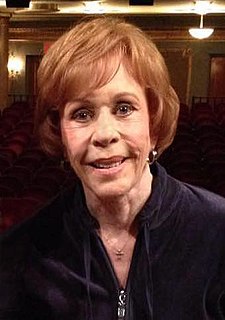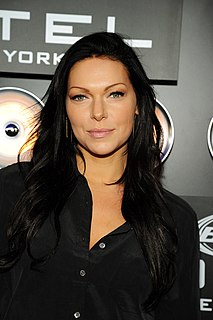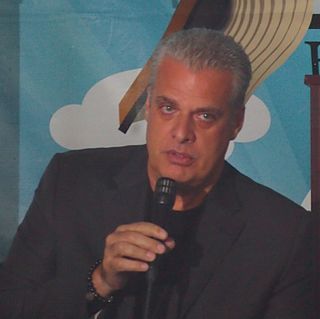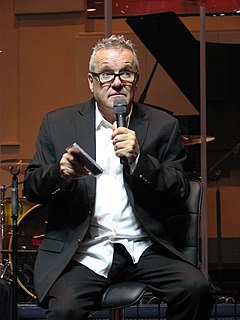A Quote by Suzanne Collins
All I can think of is the emaciated bodies of children on our kitchen table as my mother prescribes what the parent's can't give. More food.
Related Quotes
Food became the antidote for feelings of guilt, sadness, and anger. ... Food is a resolution to controversy; food is rescue. We ate and talked and cried and laughed in the kitchen and ate again. This was about more than just food. It was about our mom making connections the best she could and in the way she knew best across the kitchen table, across time and across sadness.
I was always a person on my mother's hip in the kitchen. My mom really wanted her kids at her side as much as possible, and she worked in restaurants for over fifty years. And my grandfather had ten children, and he grew and prepared most of the food. My grandmother, on my mother's side, was the family seamstress and the baker. So my mom, the eldest child, was always in the kitchen with my grandpa and I was always in the production and restaurant kitchens and our own kitchen with my mom. And it's just something that has always spoken to me.
A light was on in the kitchen. His mother sat at the kitchen table, as still as a statue. Her hands were clasped together, and she stared fixatedly at a small stain on the tablecloth. Gregor remembered seeing her that way so many nights after his dad had disappeared. He didn't know what to say. He didn't want to scare her or shock her or ever give her any more pain. So, he stepped into the light of the kitchen and said the one thing he knew she wanted to hear most in the world. "Hey, Mom. We're home.
The human community and individual people are more likely to hurt or undernourish children they think of as 'bodies' to be used. Cultures and people are more likely to raise children to be mere economic interns rather than fully developed humans if they see children as 'bodies' to be forced into certain economic and social molds.
Cooking is a holistic process of planning, preparing, dining and sharing food. I place food at the center of our humanity, as it nourishes not only our physical bodies but also our emotional and spiritual lives. Food is truly a cultural phenomenon that informs our traditions and our relationship with the earth. I genuinely believe that food connects us all.
God is so much nicer than you can imagine. I know "nice" is an odd word, but He loved you enough to die for you. And if you think of a great parent, then you got a glimpse of God, a great father, a great mother, and how they look at their children. How you, if you're a parent, you look at your children.
A conscious parent is not one who seeks to fix her child or seek to produce or create the 'perfect' child. This is not about perfection. The conscious parent understands that is journey has been undertaken, this child has been called forth to 'raise the parent' itself. To show the parent where the parent has yet to grow. This is why we call our children into our lives.

